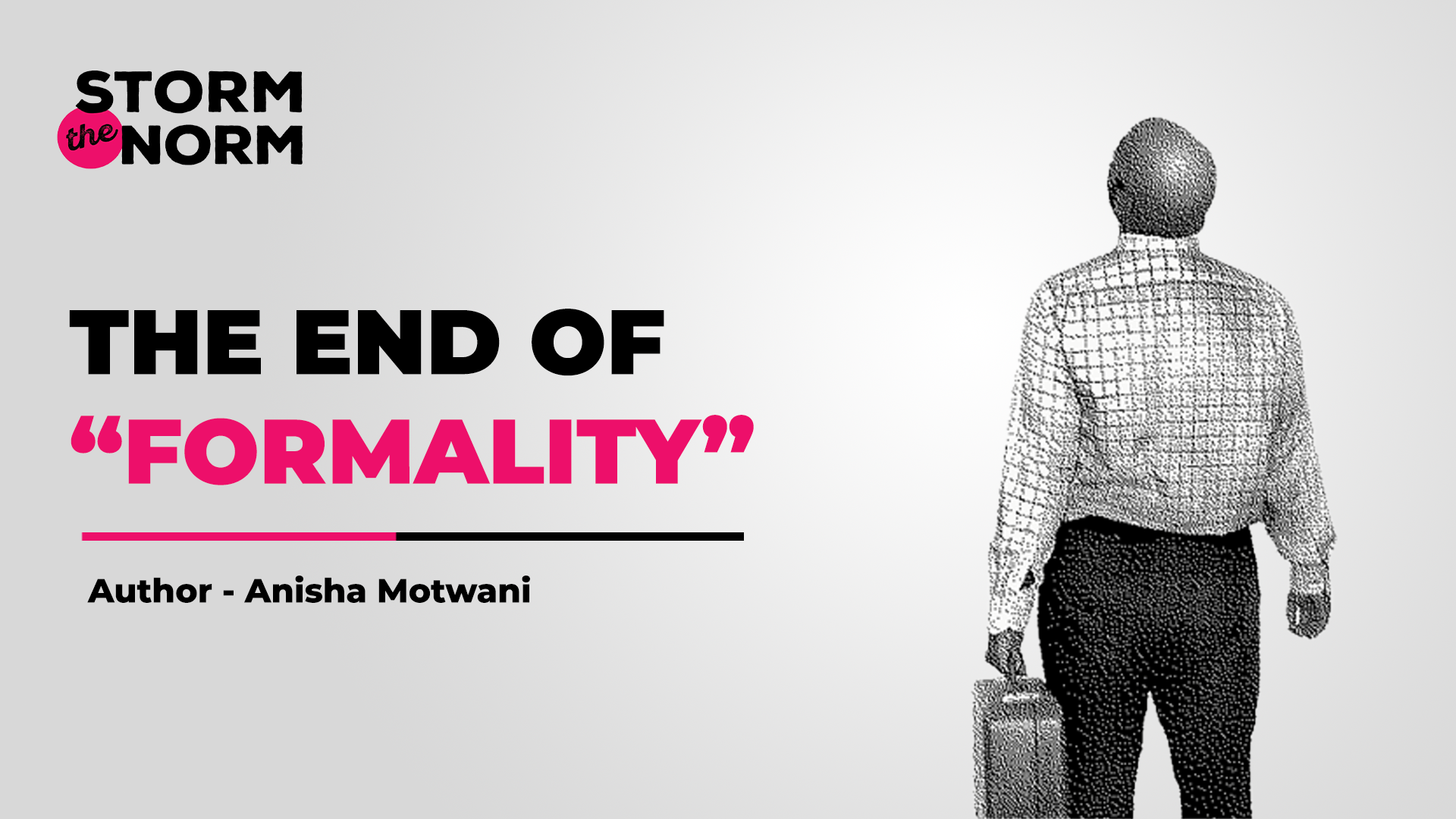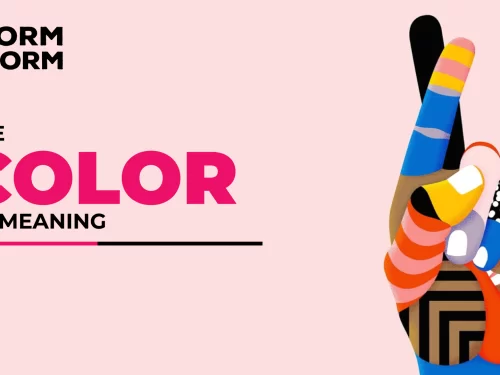
Formality began with the elite and the so-called upper class with their high power distance culture. It gave birth to a society where great importance was placed on formality of behavior, manners & proper external decorum.
As one might expect in such a culture, rank and appearances carried great weight, one was expected to exercise authority and dress in accordance with one’s social stature. Entertaining and conducting oneself with meticulous formality and social grace became a norm. Elegant speech was valued more than tangible effort and accomplishment. There was a reluctance of the classes to mix socially.
The elite class painstakingly preserved their superior status by keeping a certain distance and restraint in just about everything they did. They came from the belief that any person of taste and refinement could not afford to wear their emotions on their sleeve. It was a generation shrouded with protocol and formality where people were reluctant to express their opinions freely and could not easily say what they wanted to say.
In fact, displaying any kind of feelings was looked down upon and considered a sign of weakness. It was this suppression of emotion & unblinking fortitude even in the face of most severe hardships, which defined ‘proper’ societal behavior of people of wealth and class. There was a natural requirement of etiquette or custom compliance with formal rules in every aspect of life and equally a tendency to associate ‘informal’ with ‘unstructured & chaotic’.
It was this stoic class that gave birth to ‘Formality’, which was then rolled out from top to bottom of the society in all aspects of life. This belief manifested itself in many different ways: formal dressing, fine-dining, formal education systems, formal etiquettes and a requirement of discipline & custom in just about everything.
Generation Just-In-Time: A shift towards Informal
What’s happening in our country now is that the new generation of this privileged class is shying away from everything stiff and structured.
In every possible way they seem to be different from their parent’s who went to great lengths to distinct themselves & made sure their wealth & power was obviously apparent to the world.
This new generation is casual and relaxed and comfortable in their skin. They do not want to be fussed about (it’s in fact the novo rich that has taken on the mantle of loud display of wealth) and shuns away from any anything that makes them stand out. This class is not loud, they do not want to be seen flaunting, does not want to be fussed upon, shies away from anything that brings them in the spotlight. An open-minded and diverse population that readily shares
information, encourages experimentation, accepts failure and believes in dispensing with any form of formality & hierarchy.
It is this generation that is shaping the culture of loosening up and gradually weaning out formality from society.
Let’s take a few examples to bring this alive.
Formal Dressing; spare me please.
Dressing down to stand out, yes, it is not just the style Gurus who are suggesting less starchy attire. This generation prefers casual comfortable dressing any day as opposed to stiff fashion. Ultra-casual yet functional outfits by young entrepreneurs and office-goers are replacing stuffy and uncomfortable work wear.
They do like to dress up at times, yes there are ‘black-tie’ & tuxedo events, but it serves more like a social leveling device than an attempt to stand out. Customization to bring out wearer’s taste & upbringing but all with an attempt to blend –in and yet be authentic & original in taste.
Fine Dining: You guys carry on
When people think of fine dining, they think of starched table linen, white gloves, hushed up conversations between sips of wine, tons of cutlery & everything stiff and expensive.
But that’s precisely what new generation is breaking down and calibrating it to a new normal. They like to stroll in restaurants in their jeans & shorts, have a good laugh, enjoy the food, and pour out their own wine without being fussed upon by waiters in suits. With travel broadening their culinary horizons, they are experimenting more with food in high-street , happening eat out joints that are more welcoming, accessible &fun.
And this is certainly a move away from stuffy, traditional formal dining cocooned in privilege to a non-pretentious, chilled; hang –out places with authentic, high quality cuisines.
Etiquettes & Formal behaviors: Not for me
Many forms of media and education over last many decades have eroded the myth that showing feelings is somehow a negative thing or a sign of weakness.
Over the last 20 years we have learnt how to communicate with ease and technology has created a new language of communication. Just look around on social media and you will notice a constant stream of emotional outpourings at all sorts of events from personal to national tragedies. Reality TV is another place where you see mature adults break down and weep & equally ecstatic with joy, comfortably display over-top emotions. Changes in schooling & discipline have made people less formal and the new generation is more casual and relaxed in social interactions across genertaions & classes. There is emphasis all around on self-esteem and free expression. People are encouarged to show their feelings and not suffer in silence and in the process shed the hangover from our country’s feudal and class system. There is a legitimate sanctity of emotional display which has resulted in this generation being a lot more friendly, open,outspoken & appear much more externally confident. This is a generation that is wonderfully eccentric in their individual way.
Formal Workplaces: I am looking out
There has been a lot of research on the impact of new generation on workplace culture. This lot of people is known to be demanding and require a lot of flexibility that is amenable to their lifestyle. As a generation that has grown up witnessing the evolution of technology, become used to information at the click of a button, it expects work places to grow and evolve at the same pace and in the process shed their beurocracy. This ‘here and now’ generation enjoys workplaces that are flexible and nimble and make it easier for people to be more efficient. Faster & informal work environments that capitlize on opportunities and provide constant learning & growth for the employees is creating new norms and relationships at workplaces.




